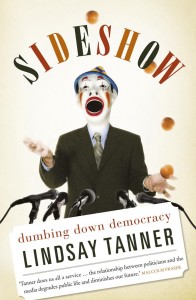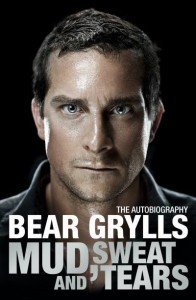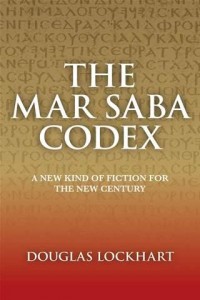Anonymous asks:
G’day Will,
I was raised to believe that hell was a place of eternal torment.
I always had trouble accepting this teaching, as it seemed contrary to God’s character and that it seemed to be playing a role in turning people away from God……. “If God could be so mean and nasty as to painfully torture people in hell for eternity, then I don’t want anything to do with God”….. Perhaps you may have heard someone even speak these very words.
Strangely, I believe the bible does not teach this at all (eternal torment – eternal life in hell)
Eternal life is a gift, by the grace of God, to those whom give their hearts to Jesus. The alternative is to “perish”. The Lord shall “burn them up” to become “ashes”, leaving them “neither root nor branch”.
They “shall go away into everlasting punishment” and this punishment is to be eternally cut off from God, by death.
Jesus makes it ever so clear;
“For God so loved the world, that he gave his only begotten Son, that whosoever believeth in him should not perish, but have everlasting life.” John 3:16
Interestingly, it was the devil who was first to suggest that sinners would not die (Genesis 3:4). A hell where sinners never perish would prove the devil right.
Question: Can you please share some of your thoughts about this subject? What is it that you believe?
Thanks
Hi Anonymous,
I thought I had blogged about this topic before but I can’t seem to find it. If I do I’ll update this post with the link.
The view you are describing is a form of annihilationism with which I have some sympathy. In this view the hope of the gospel for salvation is towards eternal life forever in the peace and presence of God. But the question remains as to what happens to those who do not come to faith but choose to remain in their rebellion. Some say that all people will eventually come to faith (universalism, something I disagree with), or that those who do not trust in Jesus remain eternally in the power of their sin (the “traditional” eternal damnation viewpoint), or, as you espouse, that those who are not in Christ do no attain to the “eternal” as well as the “life” of “eternal life.”
There are some variations in the position – as to when the “ceasing to be” might happen – depending on the nuances of one’s eschatology – e.g. does it take place at death, before a millennium, after a millennium etc. My view is that for annihilationism to have any biblical justification it must be taken to be in effect post-judgement.
For me it is not a first order black-and-white issue. There are complexities around what the Bible means at various places by “death”, “second death”, “perishing”, “punishment” etc. Sometimes death is clearly relational only, sometimes it may be ontological. Some stories (such as Lazarus and the Rich Man) presuppose an ongoing existence, but possibly only during an intermediate time before the final judgement.
My response is:
1) To firstly assert the clear positive, the hope of the gospel is eternal life in and with Jesus Christ our Lord in the glory of God our Father. 1 Corinthians 15 makes the immortality of resurrection life very clear.
2) Turning to the back of the book, Revelation 19 and 20 refers to the imagery of a “lake of fire that burns with sulfur” (19:20). This lake of fire is interacted with as follows:
- 19:20-21 The beast and the false prophet are “thrown alive” into the lake – yet the rest (kings of the earth) were simply killed.
- 20:9-10 The devil is thrown into the lake, but those who are with him (nations gathered for battle) are “consumed” by fire from heaven.
- 20:10 The torment of the devil, beast and false prophet is clearly “day and night forever and ever”
- 20:14 Death and Hades are thrown into the lake of fire.
- 20:14 The lake of fire is described as “the second death”
- 20:15 “Anyone whose name is not written in the book of life was thrown into the lake of fire.”
The doom for Satan, beast and false prophet is clearly eternal, unceasing torment. That is undeniable. However, torment language is not used when we get to Death and Hades and those that are in them (and not in the book of life) – here the fire is described simply as the “second death.”
Matthew 25:41 refers to an “eternal fire” but it is specifically referenced as that which is “prepared for the devil and his angels” (thus matching Revelation). The question remains open as to whether the judged join the devil and angels eternally or are consumed by the fire that is also used to torment the devil and his angels.
Mark 9:48 picks up on Isaiah 66:24 however, and references “hell” – where “the worm never dies, and the fire is never quenched.” I take this as a reference to the unquenchable nature of the fire and the decay (represented by the worm) – in other words, it represents something that can not be overcome.
Taking all this – if there is any eternal conscious torment, it is restricted to the demonic host. There is also eternal judgement on all people – no one escapes – but it is quite defendable biblically that this eternal judgement can take the form of annihilation or of being consumed, experiencing a “second death” etc.
Hope this helps,
W.
 This is one of those “an oldy but a goody” books. It’s by Michael Green and was first published in 1987.
This is one of those “an oldy but a goody” books. It’s by Michael Green and was first published in 1987.




